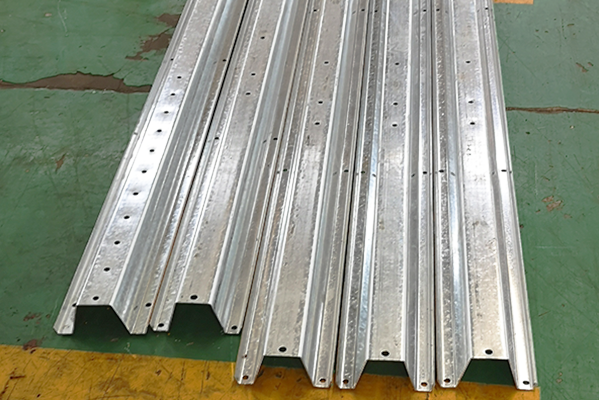Navigation Menu
Contact Us
- Email:
- info@wxavatar.com
- Address:
- Yurong Village, Yuqi Street, Huishan District, Wuxi, China.
Release Date:Mar 17, 2025 Visit:63 Source:Roll Forming Machine Factory
Effective grain storage management is essential for preserving the quality and quantity of harvested crops, ensuring food security, and maximizing economic returns for farmers and agricultural businesses. At its core, the fundamental principle of grain storage management is to create and maintain optimal conditions that prevent spoilage, pest infestations, and nutrient loss. Achieving this requires a combination of proper infrastructure, meticulous practices, and advanced grain storage manufacturing equipment.
The first principle of grain storage management is controlling moisture levels. Excess moisture can lead to mold growth, fungal infections, and grain spoilage, while insufficient moisture can cause grains to become brittle and lose their nutritional value. Grain storage manufacturing equipment, such as moisture sensors and industrial drying systems, plays a critical role in maintaining the ideal moisture content for each type of grain. These tools ensure that grains are dried to the appropriate level before storage and monitored continuously to prevent moisture-related issues.
Temperature regulation is another key principle. High temperatures can accelerate spoilage and create hotspots, while low temperatures can cause condensation and moisture buildup. Modern grain storage facilities are equipped with temperature control systems, often integrated into grain storage manufacturing equipment like aeration systems and climate control units. These systems help maintain a stable temperature, preserving grain quality over extended periods.

Pest control is equally important in grain storage management. Insects, rodents, and other pests can cause significant damage to stored grains, leading to financial losses and compromised food safety. Grain storage manufacturing equipment includes advanced pest management solutions, such as sealed storage structures, fumigation systems, and insect traps, to protect grain from infestations.
Aeration is another fundamental aspect of grain storage management. Proper airflow helps regulate temperature and moisture levels, preventing the development of hotspots and mold. Grain storage manufacturing equipment like automated aeration systems ensures that air circulates evenly through the grain mass, maintaining optimal storage conditions.
Regular monitoring and maintenance are also critical to successful grain storage management. Advanced grain storage manufacturing equipment often includes remote monitoring capabilities, allowing farmers and operators to track conditions in real-time and make adjustments as needed. This proactive approach minimizes risks and ensures the long-term preservation of grain quality.
In conclusion, the fundamental principle of grain storage management revolves around creating and maintaining optimal conditions to protect grain from spoilage, pests, and environmental damage. Grain storage manufacturing equipment is the backbone of this process, providing the tools and technology needed to achieve these goals. By leveraging advanced equipment and adhering to best practices, farmers and agricultural businesses can ensure the safe and efficient storage of grain, supporting global food security and sustainability. Grain storage manufacturing equipment remains an indispensable asset in the agricultural industry.